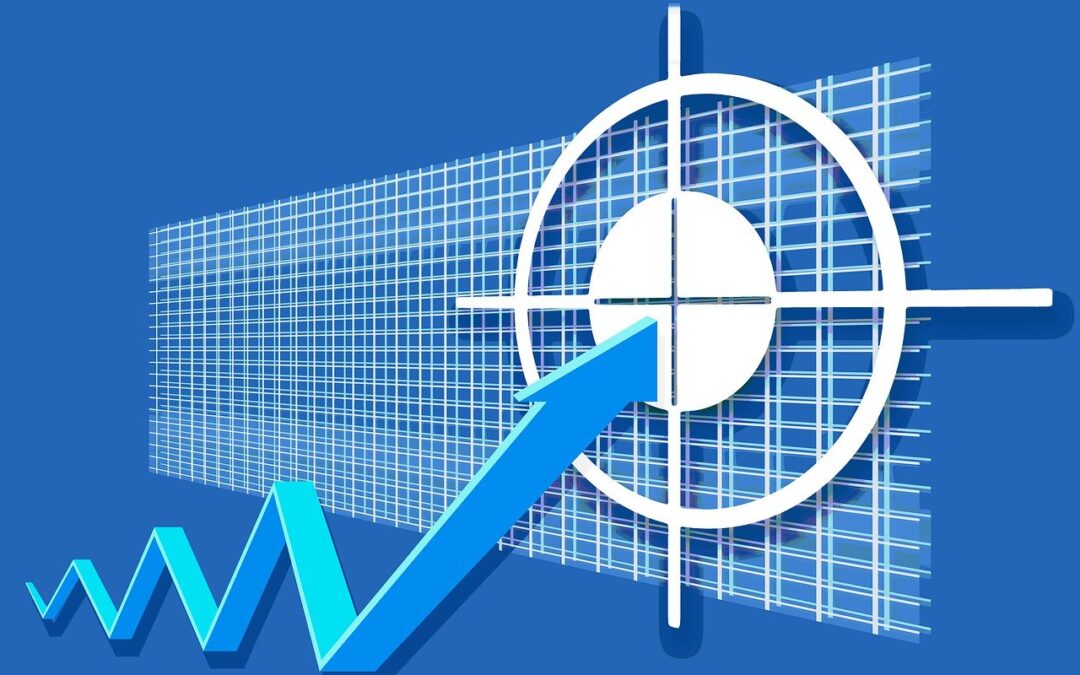Our Project Management and Technical Leadership services provide comprehensive oversight and strategic direction for IT and technical projects, ensuring projects are delivered on time, within scope, and to the highest quality standards. We combine proven project management methodologies with deep technical expertise to guide teams through complex projects, address challenges, and meet client expectations.
1. End-to-End Project Management
- Initiation and Planning: Define project scope, objectives, and deliverables in collaboration with stakeholders. Conduct feasibility studies, risk assessments, and resource planning to ensure the project is set up for success.
- Methodology Implementation: Use project management methodologies tailored to client needs, whether Agile, Waterfall, or hybrid approaches, allowing for structured and adaptive project execution.
- Timeline and Milestone Tracking: Develop project timelines with clearly defined milestones and deadlines, ensuring each phase is completed on schedule and minimizing risks of delays.
2. Stakeholder Engagement and Communication
- Stakeholder Alignment: Conduct regular meetings to keep stakeholders informed and aligned with project goals, progress, and any adjustments made along the way.
- Transparent Reporting: Provide detailed project reports, including key performance indicators (KPIs), budget status, and milestone completion, to keep stakeholders updated and ensure accountability.
- Change Management: Manage scope changes effectively by evaluating their impact on timelines, budgets, and resources, ensuring alignment with stakeholders and adjusting plans accordingly.
3. Resource Management and Team Coordination
- Talent Allocation: Identify and assign the right team members based on their skills, availability, and project requirements. Balance workloads to ensure that resources are utilized effectively and team members are neither overburdened nor underutilized.
- Vendor and Partner Management: Work with external vendors and partners as needed, coordinating deliverables, quality standards, and timelines to integrate smoothly with the project.
- Cross-functional Collaboration: Facilitate collaboration across departments, including development, testing, operations, and support, to streamline project activities and achieve unified goals.
4. Technical Leadership and Guidance
- Architectural Oversight: Provide technical guidance and architectural direction, ensuring that the project’s technical foundation aligns with best practices and meets performance, security, and scalability requirements.
- Technical Problem Solving: Lead teams through complex technical challenges, using advanced troubleshooting skills and innovative thinking to resolve issues quickly and effectively.
- Technology Evaluation and Adoption: Assess and recommend technologies that best fit project requirements, whether for software, infrastructure, or security, enabling teams to leverage the latest tools and frameworks.
5. Quality Assurance and Risk Management
- Risk Assessment and Mitigation: Identify potential risks early, develop mitigation strategies, and continuously monitor for new risks as the project progresses, ensuring the project stays on course despite uncertainties.
- Quality Control Processes: Implement quality assurance practices, such as code reviews, automated testing, and user acceptance testing (UAT), to catch issues early and deliver a high-quality final product.
- Continuous Improvement: Foster a culture of continuous improvement by reviewing project outcomes, gathering feedback, and implementing lessons learned to improve future projects.
6. Agile Project Management and Scrum Leadership
- Agile Transformation: Assist organizations in transitioning to Agile methodologies, including training teams on Agile principles, tools, and roles (Scrum Master, Product Owner, etc.).
- Scrum and Sprint Management: Lead Scrum ceremonies such as daily stand-ups, sprint planning, sprint reviews, and retrospectives to maintain project momentum and align the team on short-term goals.
- Backlog Prioritization and Refinement: Work with Product Owners to prioritize and refine the backlog, ensuring that the most valuable features are delivered first and that the team has clear, actionable tasks.
7. Budget Management and Cost Optimization
- Budget Planning and Forecasting: Create detailed budget plans based on project requirements, timelines, and resource needs. Track expenses to ensure the project stays within budget and adjust as needed.
- Cost-Benefit Analysis: Evaluate cost implications of different project decisions, balancing quality and cost-effectiveness to provide value without overspending.
- Financial Reporting: Generate financial reports that provide stakeholders with insights into budget utilization, variances, and potential cost savings opportunities.
8. SLA Monitoring and Service Delivery Management
- Service Level Agreement (SLA) Tracking: Monitor SLAs to ensure all project and service deliverables meet the agreed-upon standards for quality, response times, and customer satisfaction.
- Escalation Management: Implement a clear escalation path for high-priority issues, ensuring timely resolution and minimizing disruptions.
- Performance Analytics: Use data-driven analytics to evaluate project and team performance against SLAs, making adjustments to optimize future service delivery.
9. Technical Documentation and Knowledge Transfer
- Comprehensive Documentation: Prepare high-level design (HLD) and low-level design (LLD) documents, Method of Procedure (MOP) guides, and other essential documentation to support ongoing operations and future maintenance.
- Knowledge Transfer: Conduct knowledge transfer sessions for internal and client teams, ensuring they are equipped with the information needed to manage and maintain solutions post-deployment.
- Training and Support: Provide training sessions for team members and clients to help them understand the technical environment, tools, and maintenance requirements, reducing dependency on external support.
10. Post-Project Review and Continuous Improvement
- Project Closure and Review: Conduct project closure meetings and post-mortem reviews to analyze project success, challenges, and areas for improvement.
- Lessons Learned and Best Practices: Document lessons learned and integrate best practices into future projects to drive continuous improvement across the organization.
- Ongoing Support and Maintenance: Offer post-launch support and maintenance options to help clients address issues, optimize performance, and adapt the solution to evolving business needs.

